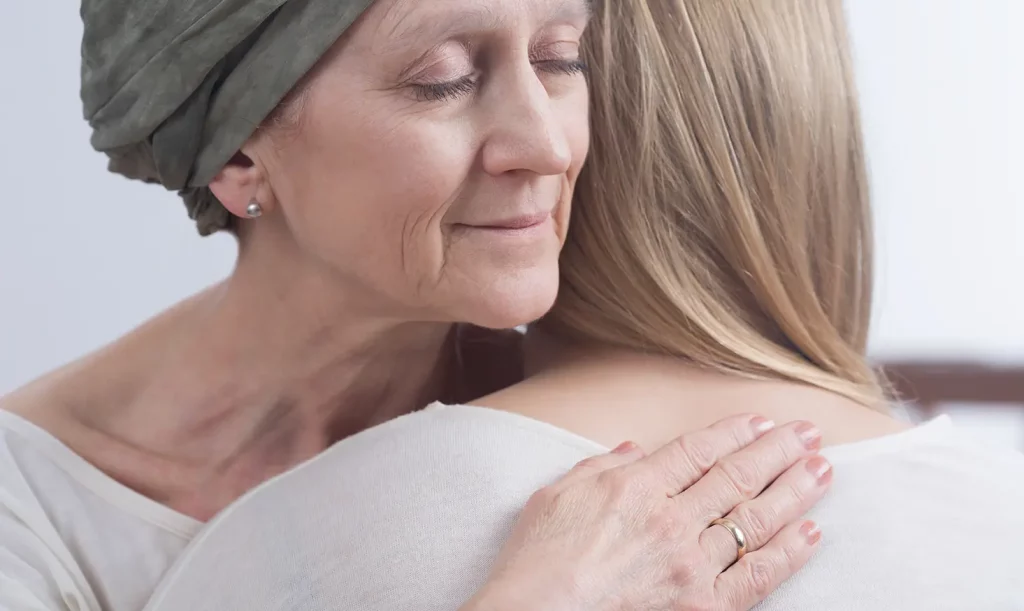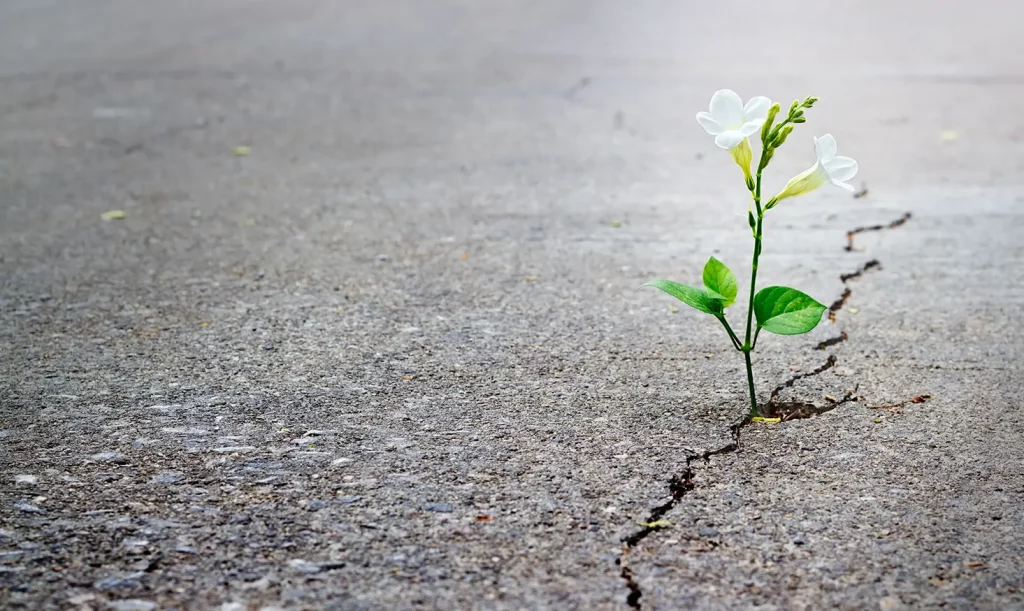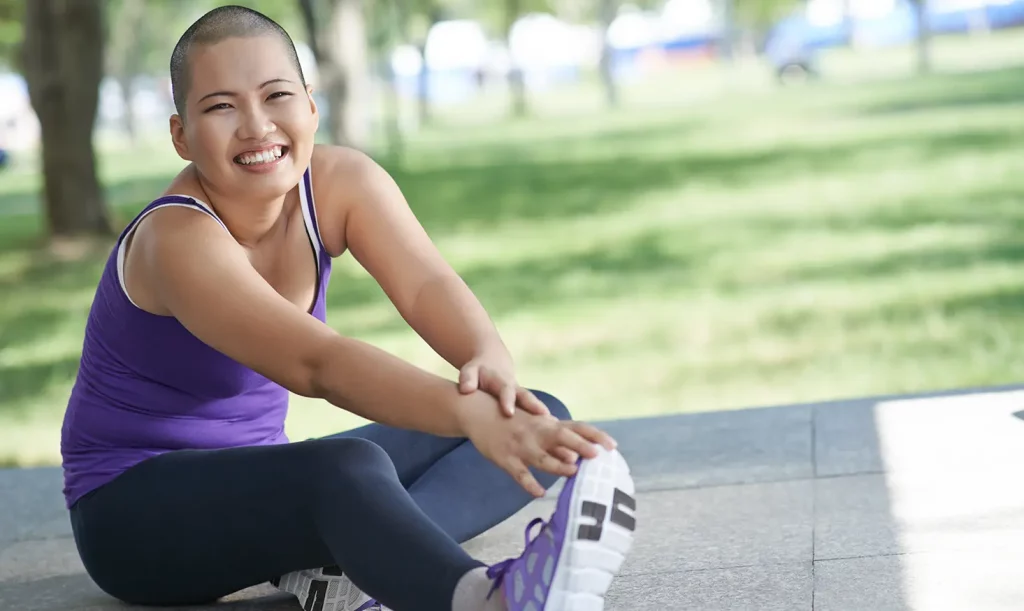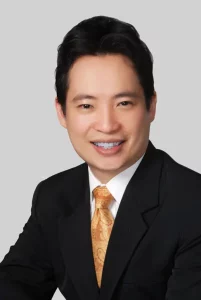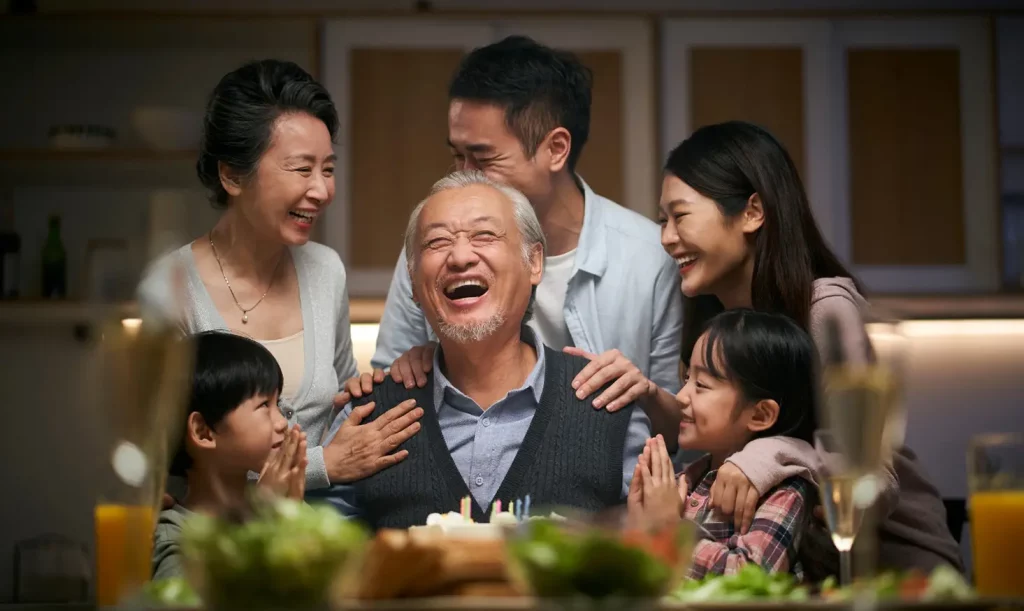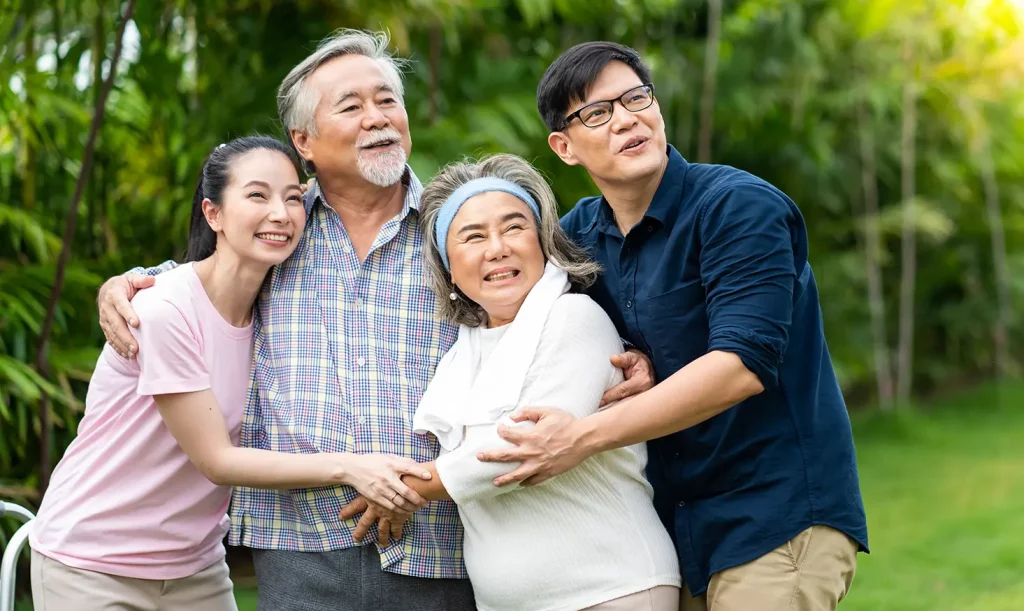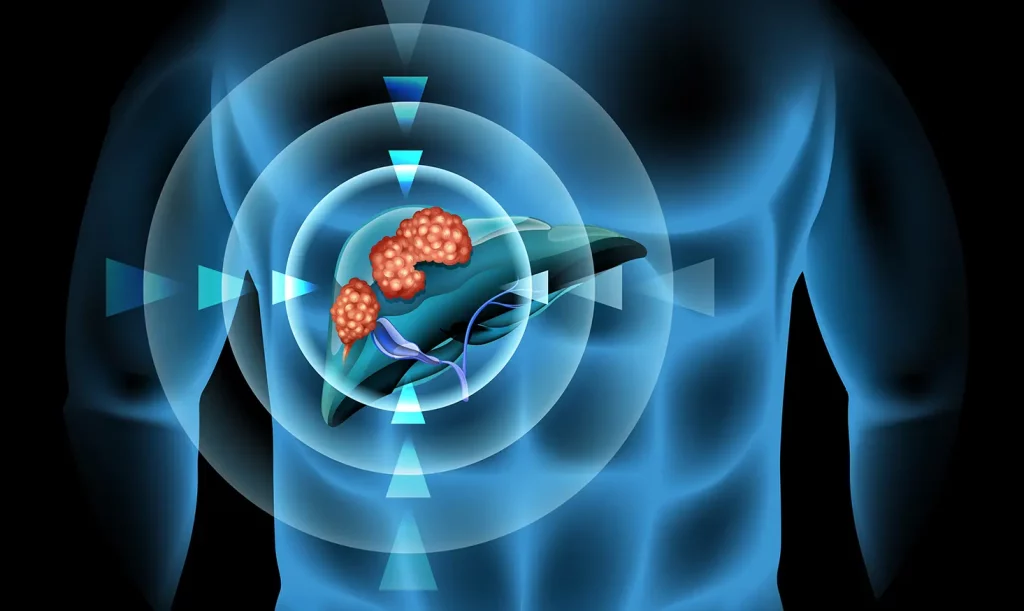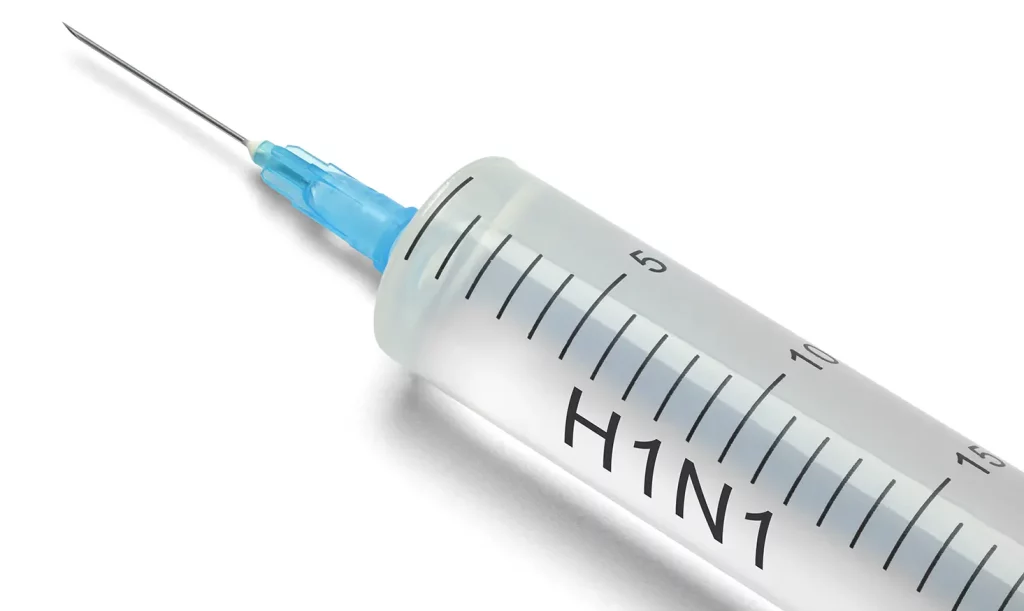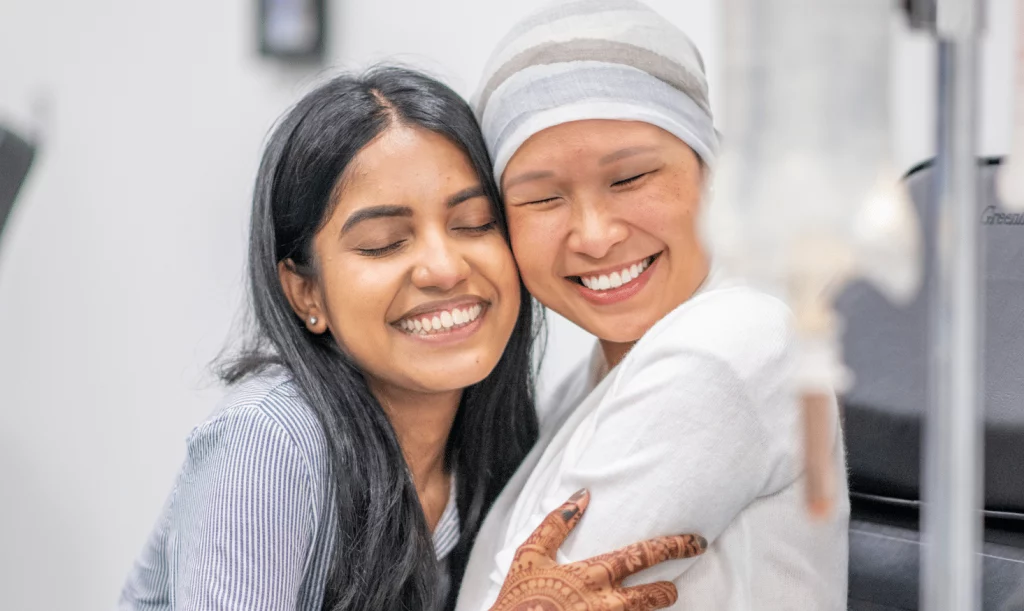The term “cancer” has its etymology in Greek. “Cancer” means “crab” in Greek. A 4th century BC Greek philosopher, Hippocrates, concluded the name after he examined organs affected by the disease. By cutting an organ with a cancerous growth into half, he found the shape of the tumour to be oval. The cancerous tumour could be seen invading the organ in a pattern resembling the legs of a crab extending out from the body.
While cancer is an ancient disease that has existed throughout history, it is becoming more common in recent times.
Every one in three people within his or her lifetime, in a developed society such as Singapore, will develop cancer. There exists a common myth that people are born with dormant cancer cells in their bodies, waiting to someday activate. People are not born with cancer cells in the body. This transformation occurs later in life.Although reducing the probability of cancer significantly there is, unfortunately, no guarantee of never developing or developing cancer-based on one’s lifestyle or family history.
Although reducing the probability of getting cancer can be reduced significantly, there is unfortunately, no guarantee of not developing or developing cancer, based on one’s lifestyle or family history.
Once cancer has been diagnosed, a customised treatment plan will be designed for you – depending on the type and stage of cancer.


 中文
中文 Tiếng Việt
Tiếng Việt